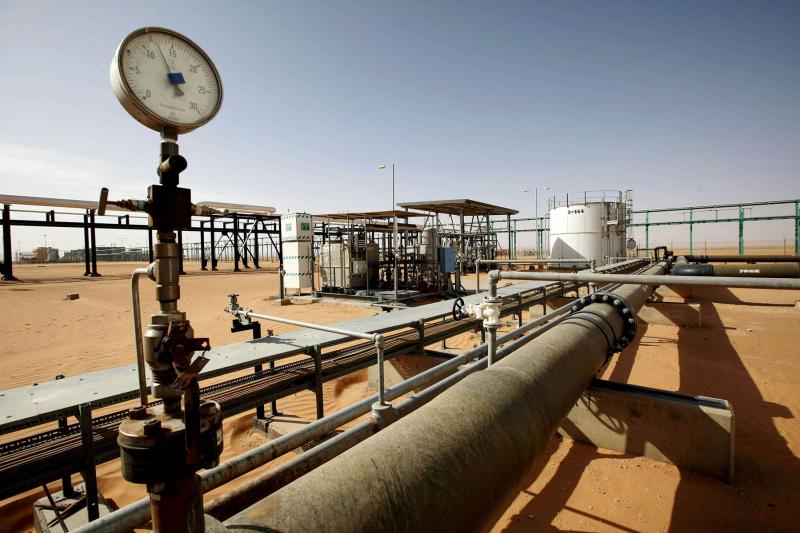UNSMIL demands CBL control of oil funds

Libya’s National Oil Corporation (NOC) lifted force majeure on all oil fields and ports Thursday, ending a weeks-long shutdown that crippled the OPEC nation’s crude output. The move follows the successful appointment of a new central bank governor, a key step in resolving a political deadlock that had paralyzed the country’s vital energy sector.
The United Nations Support Mission in Libya (UNSMIL) welcomed the NOC’s decision, emphasizing the importance of channeling oil revenue through the Central Bank of Libya (CBL) to ensure transparency and stability.
“This is a crucial development for the Libyan people,” a UNSMIL spokesperson said. “Oil revenues are essential for economic recovery and development. It is imperative that these resources are managed responsibly and for the benefit of all Libyans.”
The NOC had declared force majeure on several key oil fields in recent months, citing security concerns amid a power struggle between rival factions. The political impasse also led to a dispute over control of the CBL, the sole internationally recognized repository for Libya’s oil wealth.
The breakthrough came with the UN-brokered agreement to install Nagy Issa as the new CBL governor. Issa assumed office in Tripoli on Wednesday, paving the way for the NOC to restart production and exports.
Analysts estimate the shutdown cost Libya hundreds of millions of dollars in lost revenue. The resumption of oil production is expected to provide a much-needed boost to the country’s struggling economy.
“This is a positive step towards restoring stability and confidence in Libya,” said an economic analyst specializing in North Africa. “However, challenges remain, and continued political dialogue is crucial to ensure long-term economic recovery.”
Libya holds Africa’s largest proven oil reserves, with a production capacity of approximately 1.2 million barrels per day. The country’s oil sector is a critical source of revenue, accounting for the vast majority of its exports.
How to submit an Op-Ed: Libyan Express accepts opinion articles on a wide range of topics. Submissions may be sent to oped@libyanexpress.com. Please include ‘Op-Ed’ in the subject line.
- Libya and Algeria bolster customs cooperation - December 24, 2024
- Reports claim S-400, S-300 missiles moved to Libya - December 24, 2024
- 2024: The year that redrew the World Map - December 24, 2024


